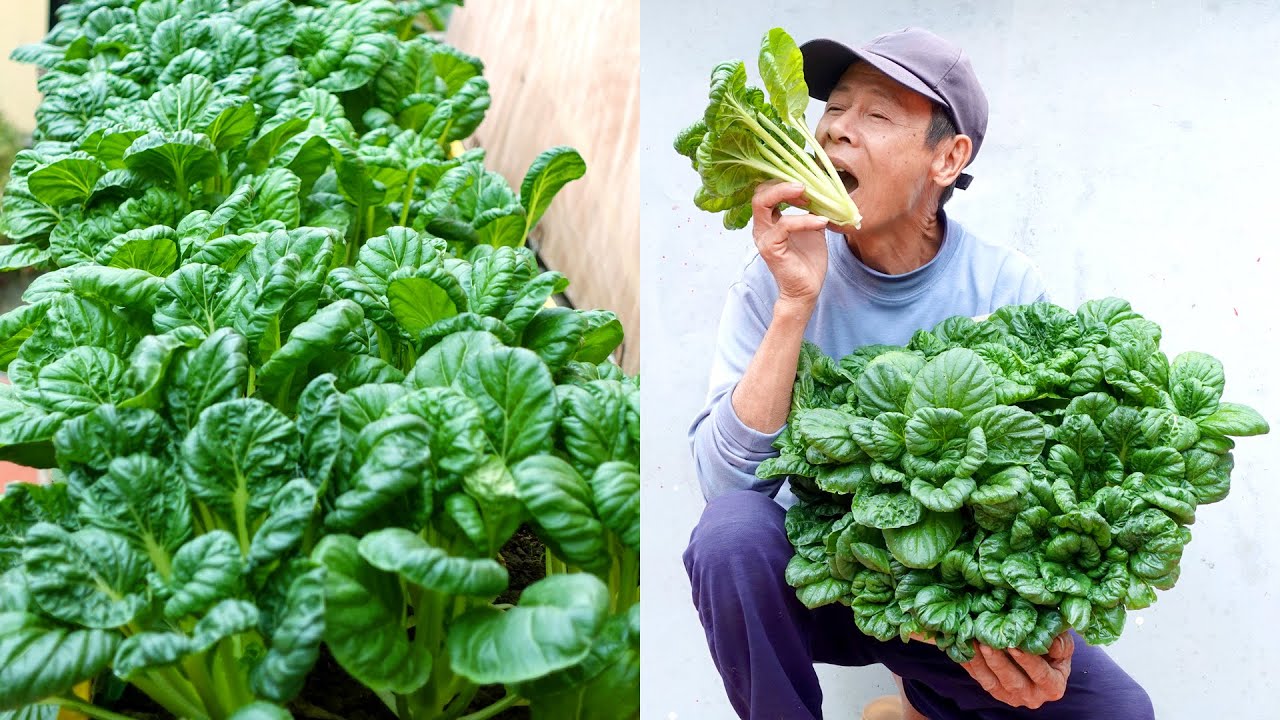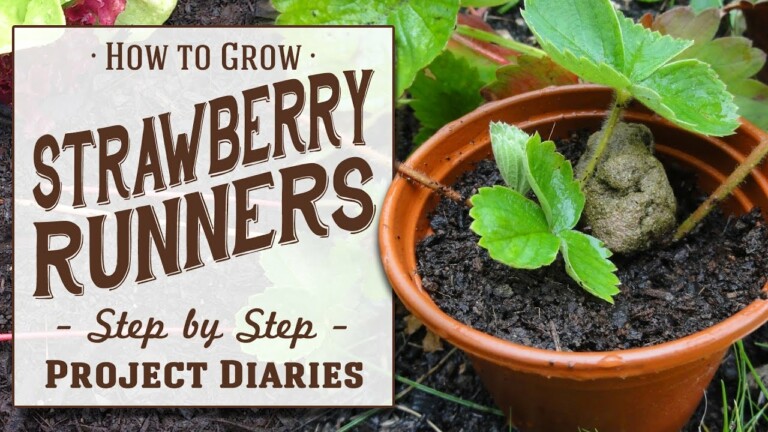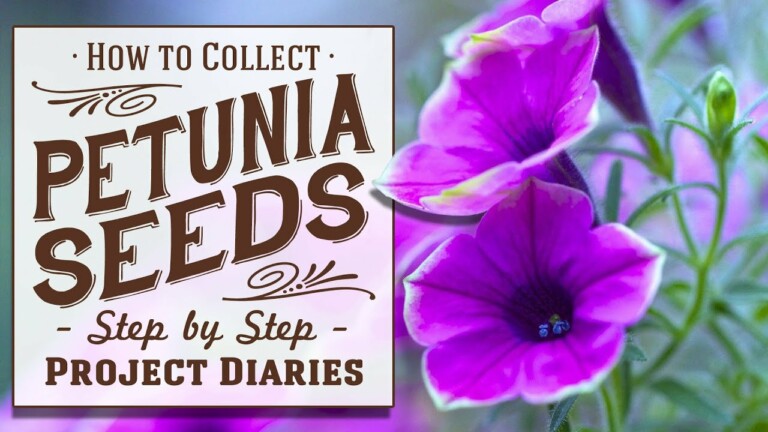★ How to: Use Human Urine as Fertiliser (A Complete Step by Step Guide)
Title: How I Discovered the Revolutionary Power of Using Human Urine as Fertilizer Introduction: Once upon a time, I found myself deeply engrossed in the world of sustainable gardening. As an avid environmentalist with a passion for gardening, I was constantly on the lookout for innovative and eco-friendly ways to nurture my beloved plants. Little did I know that this quest for novel techniques would lead me to the extraordinary use of human urine as fertilizer. Yes, you read that right! My curiosity and determination pushed me to explore the untapped potential of this readily available resource. Surprisingly, what I discovered completely revolutionized my approach to gardening, and now I can’t help but share the wonders of this unconventional, yet highly effective, fertilizer with all of you. In this comprehensive guide, I will walk you through the step-by-step process of utilizing human urine as a powerful organic fertilizer. Brace yourself for an enlightening journey where we will debunk myths, delve into the science behind urine’s composition, and showcase its astonishing impact on plant growth. So, join me as we harness the power of nature, one nutrient-rich drop at a time. Let’s dive in and uncover the secrets of this unique gardening approach together!
How to: Use Human Urine as Fertilizer (A Complete Step by Step Guide)
Introduction
In this article, I will show you how to use human urine as a fertilizer in your garden. Many people may feel uneasy about the idea of using urine in their gardening practices, but urine has been used for various purposes throughout history. Not only is human urine a free and effective source of fertilizer, but it also contains minerals and nutrients that are beneficial for plant growth. So, let’s dive in and learn how to utilize this resource in an environmentally friendly way.
The Benefits of Using Human Urine as Fertilizer
-
Human urine is a free and effective source of fertilizer. Instead of relying on expensive chemical fertilizers, you can utilize the nutrients present in your own urine to nourish your plants.
-
Urine contains minerals and nutrients that are beneficial for plant growth, such as nitrogen, phosphorus, and potassium. These elements are essential for plants to thrive and produce healthy fruits and vegetables.
-
Commercially made urea fertilizers contain these same elements. However, human urine has a higher nitrogen content compared to these fertilizers, making it an excellent choice for boosting plant growth.
-
Using urine as fertilizer is environmentally friendly. Instead of contributing to chemical runoff and pollution, you can recycle a valuable resource and reduce your carbon footprint in the gardening process.
-
Urine can be especially helpful for sandy soils or areas with heavy rainfall. Sandy soils often lack nutrients, and frequent rainfall can wash away fertilizers. By using urine as fertilizer, you can replenish the nutrients in the soil and ensure healthier plant growth.
How to Use Human Urine as Fertilizer
Now that we understand the benefits of using human urine as fertilizer, let’s go over the step-by-step process of incorporating it into your gardening routine.
-
Collect urine in a clean container. Use a dedicated container specifically for this purpose, ensuring it is well-cleaned and free from any contaminants. Avoid using containers that previously held chemical substances.
-
Dilute the urine. Before applying urine to your plants, it’s crucial to dilute it. Mix one part urine with eight parts water. This ensures that the concentration of nutrients in the urine won’t harm the plants.
-
Apply the diluted urine to the soil. Pour the diluted urine directly onto the soil around the base of your plants. Avoid applying it directly onto the leaves or stems, as this can cause burn or damage.
-
Consider the color of your urine. The color of your urine can provide insights into your general health and hydration. Ideally, you want your urine to be a pale yellow color, indicating good hydration. Darker urine may be a sign of dehydration and may contain higher concentrations of toxins. If your urine is consistently dark or shows signs of blood or other abnormalities, it’s best to consult with a healthcare professional.
Frequently Asked Questions
1. Is it safe to use human urine as fertilizer?
Yes, it is safe to use human urine as fertilizer if proper precautions are taken. Diluting the urine and applying it to the soil, rather than directly on plants, ensures its effectiveness and minimizes any potential risks.
2. Can I use urine from any person?
Ideally, you should use your own urine as fertilizer. Urine contains personalized information about your health and diet, so using urine from another person may not provide the same benefits.
3. How often should I apply urine to my plants?
It is recommended to apply urine to your plants once every two to four weeks. This frequency allows plants to receive a steady supply of nutrients without overloading them.
4. Are there any health conditions or medications that may affect the use of urine as fertilizer?
Yes, certain health conditions and medications can impact the composition of urine and its suitability as fertilizer. If you have any concerns or medical conditions, it is best to consult with a healthcare professional before using urine as fertilizer.
5. Will using urine as fertilizer leave an unpleasant odor in my garden?
When properly diluted and applied to the soil, urine should not leave an unpleasant odor in your garden. However, if you notice any lingering smells, you can alleviate them by adding organic matter, such as compost or mulch, to the soil.
Conclusion
Using human urine as fertilizer is not only a cost-effective solution but also an environmentally friendly way to nourish your plants. By following the steps outlined in this guide, you can make use of this free resource and promote healthier growth in your garden. However, it is important to consider any health conditions or medications that may affect the use of urine as fertilizer. Always consult with a healthcare professional if you have any concerns. So, start adding a personal touch to your gardening routine and let your plants thrive with the help of human urine.






